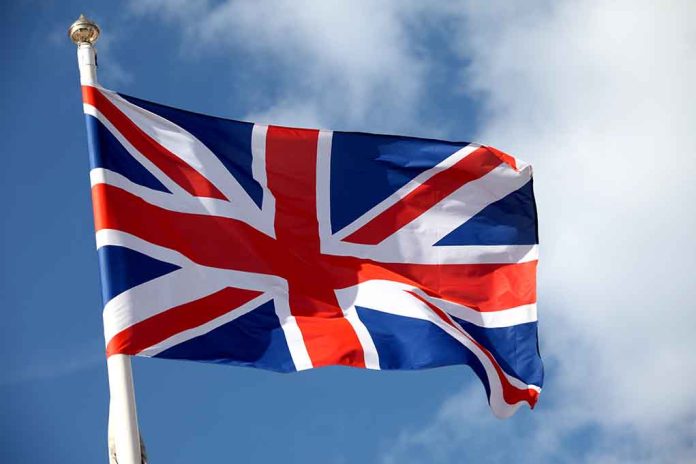
The UK has taken a decisive step by halting some of its arms exports to Israel.
At a Glance
- U.K. Prime Minister Keir Starmer’s government is suspending exports of some weapons to Israel.
- The suspension is due to concerns that these weapons could be used to break international law.
- The decision affects about 30 of 350 existing export licenses, including parts for military equipment.
- This action is not an arms embargo nor a determination of Israel’s guilt or innocence.
UK Suspends Arms Exports to Israel
The UK government has decided to suspend the export of certain military items to Israel. The decision, taken by Prime Minister Keir Starmer’s administration, affects approximately 30 out of 350 existing export licenses. The suspension includes parts for military planes, helicopters, drones, and ground targeting equipment.
Foreign Secretary David Lammy stated there is a clear risk that these weapons could be used to commit or facilitate serious violations of international humanitarian law. The assessment indicated that some of the U.K.’s military exports might be utilized in ways that contravene international legal standards.
UK suspends some arms exports to Israel https://t.co/I5XKploBRl
— BBC News (World) (@BBCWorld) September 2, 2024
Humanitarian Concerns in Gaza
The move comes as the conflict in Gaza has escalated humanitarian concerns. Over 40,000 Palestinians have died, according to reports from the Hamas-run health ministry. The situation has spurred nations like the UK to reconsider their arms export policies. The UK’s decision, while impactful, does not amount to a full arms embargo on Israel nor does it prejudge Israel’s actions in the ongoing conflict.
Lammy emphasized, “We have not – and could not – arbitrate on whether or not Israel has breached international humanitarian law. This is a forward-looking evaluation, not a determination of innocence or guilt. And it does not prejudge any future determinations by the competent courts.”
This decision resonates symbolically because of the close ties between the UK and Israel. Any action taken by the UK could set a precedent for other allied nations. Notably, British firms export a relatively small share of Israel’s total arms imports compared to countries like the U.S. and Germany.
Reactions
Israeli Defense Minister Yoav Gallant expressed his disappointment, given the current hostilities and the need for defensive operations. Gallant remarked, “This comes at a time when we fight a war on seven different fronts – a war that was launched by a savage terrorist organization, unprovoked. At a time when we mourn six hostages who were executed in cold blood by Hamas inside tunnels in Gaza.”
Several labor MPs have voiced their desire for a complete halt to arms sales to Israel, while some critics argue that the suspension does not go far enough. Amnesty International UK labeled the suspension as “too limited,” arguing that it continues to risk complicity in potential war crimes.
Implications and Future Actions
It remains to be seen whether this suspension will lead to broader actions by other nations. The UK government has indicated that the suspension will be reviewed regularly, and new licenses will be assessed case by case. The potential remains for lifting the suspension if new assessments suggest the risk of violations has diminished.
The Labour government has already restored funding for the U.N. Palestinian relief agency UNRWA and has called for an immediate ceasefire. These actions come amidst internal and external pressures on Starmer’s administration to adopt a more assertive stance on the Israeli-Palestinian conflict.
Sources
- U.K. defends decision to restrict arms to Israel; Netanyahu calls it shameful
- UK suspends 30 arms export licences to Israel after review
- UK says it’s suspending some arms exports to Israel over the risk of breaking international law





